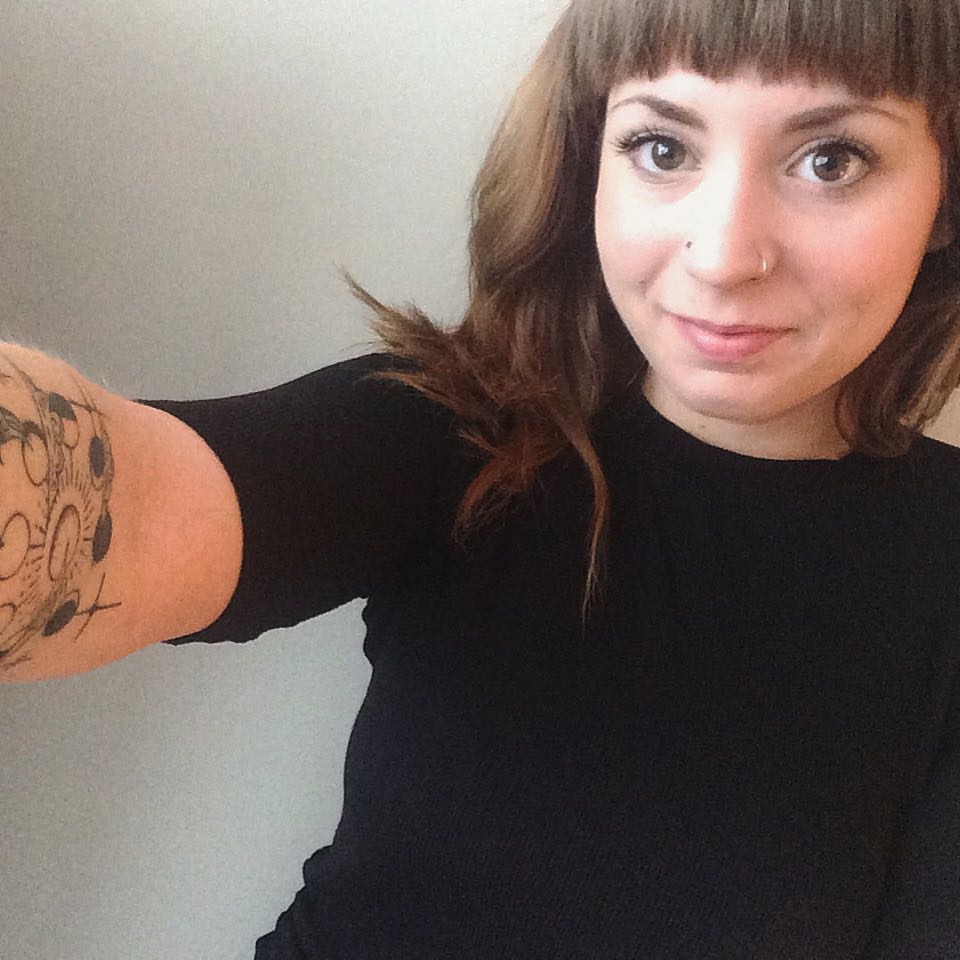By Sarah Foot
What does an average ‘night out’ in Vancouver look like for you?
A couple drinks, your friends’ band in town, maybe some dancing.
But, what if you can’t reach the bar because your wheelchair won’t go up the stairs? Or what if the bouncer delays your entrance asking why you appear male but your ID says female, or what if your ass gets grabbed (again) by the creepy dude near the speaker?
Discriminatory behaviour is a stark, dark reality in Vancouver that we’ve somehow managed to ignore – until now.
A gang of powerhouse self-identifying women are behind the mastermind endeavour All Access PASS, a panel on diversity and inclusion for Vancouver venues hosted by Blueprint and Good Night Out Vancouver.
All Access PASS is making us look ourselves straight in the mirror and question why we can’t all be allowed to enjoy nightlife from every ability, gender and sexuality.
But why Vancouver? Known for its’ party-hard attitude, Vancity’s underground scene seems to be setting the standard and are responsible for safe-spaces cropping up around town. Some of the catalysts in this movement are Denim Vest, a queer-friendly dance party (who’s partner Mel was a panelist).
That being said, mainstream party culture in the city is still lacking diversity. All Access’ organizer, Zoe Peled explained that a mere 27% of Vancouver’s nightlife venues are physically accessible. She also pointed out that the,
“The majority of venues in Vancouver are housed in older buildings, without elevators. They have staircases, they don’t have accessible washrooms, and no ramps and/or lifts. There are no gender neutral washrooms. There are gendered pat downs. And the list continues.”
The All Access PASS panel was comprised of Melanie from Denim Vest, Arnold Cheng from the Rick Hansen Foundation, Joel Harnest of Qmunity, and Rachel E. Sullivan from UBC’s Equity and Inclusion Office. The night was hosted by Good Night Out’s activists Ashtyn Bevan and Stacey Forrester.
Zoe and the crew were both mindful and deliberate when approaching the panelists. They wanted to make sure that the topic was approached in intersecting but distinct ways.
Accessibility is such a tough topic to tackle because most of us don’t even stop to think about what it is. Generally speaking, we think of it as an absence of social, emotional or physical barriers to a venue. As we are each faced with intersecting selves and lifestyles, access is different to us all and complicated by invisible identities.
In short, we all access and experience public life differently. Accessibility ensures none of our identities impede on our ability to fully experience as experience. Complicated, right?
As Arnold Cheng pointed out, full accessibility to every individual is, unfortunately, pretty idealistic. Working with the Rick Hansen Foundation and using a lightweight chair, Arnold shared his experiences with mobility issues. He also highlighted the importance in differentiating between accessible and accessibility-friendly. Although a space may be missing a ramp or an ungendered washroom, being friendly means the staff will help accommodate the best they can.
Beyond physical access to a space, diversity for gender and ability extends into business practice. Vancouver’s entertainment scene does include a couple gay bars. That being said, they, along with other venues, continue to use exploitative marketing featuring scantily-clad women and men greased up in revealing clothing. These campaigns primarily feature white people with zero visible physical disabilities.
While this communicates a “come to this bar, where you can sexualize the person of your choice,” message, people of other genders and abilities get a different implication.
Instead of talking about diversity as an expense – Arnold suggests talking about it as an investment. In marketing, if you continue to direct yourself at one specific male-centric audience, you will turn up the same patrons.
But, if you introduce a variety of techniques directed at a wider set of individuals, wouldn’t that attract more people? As for physical ability, the argument is pretty simple: if your establishment is accessibility-unfriendly, you are literally driving business away. Those who can’t enjoy the space will choose not to visit. Most likely their friend’s and families will also decline. That’s a huge cut of the pie.
Vancouver is a metropolitan city that simply cannot ignore its’ LGBTQ+ and differently abled patrons. Partying and having a good time isn’t reserved for white, straight CIS males/females. Providing spaces that every body and soul has the capability to enjoy equally is a necessity and, with the help of All Access, imminent.
All Access PASS was a stunningly positive and progressive panel. Although dealing with an – at times – troubling set of experiences, the speakers really made a point to highlight what we can do now. Stay tuned to the Good Night Out’s Facebook page for updates on upcoming panels on LGBTQ+ and accessibility.

Sarah is a sass-filled writer and editor with an unapologetic obsession with bunnies. Catch her talking intersectionality, music your mom hates and crushes on ’90s hunks through your social media stream of choice.



